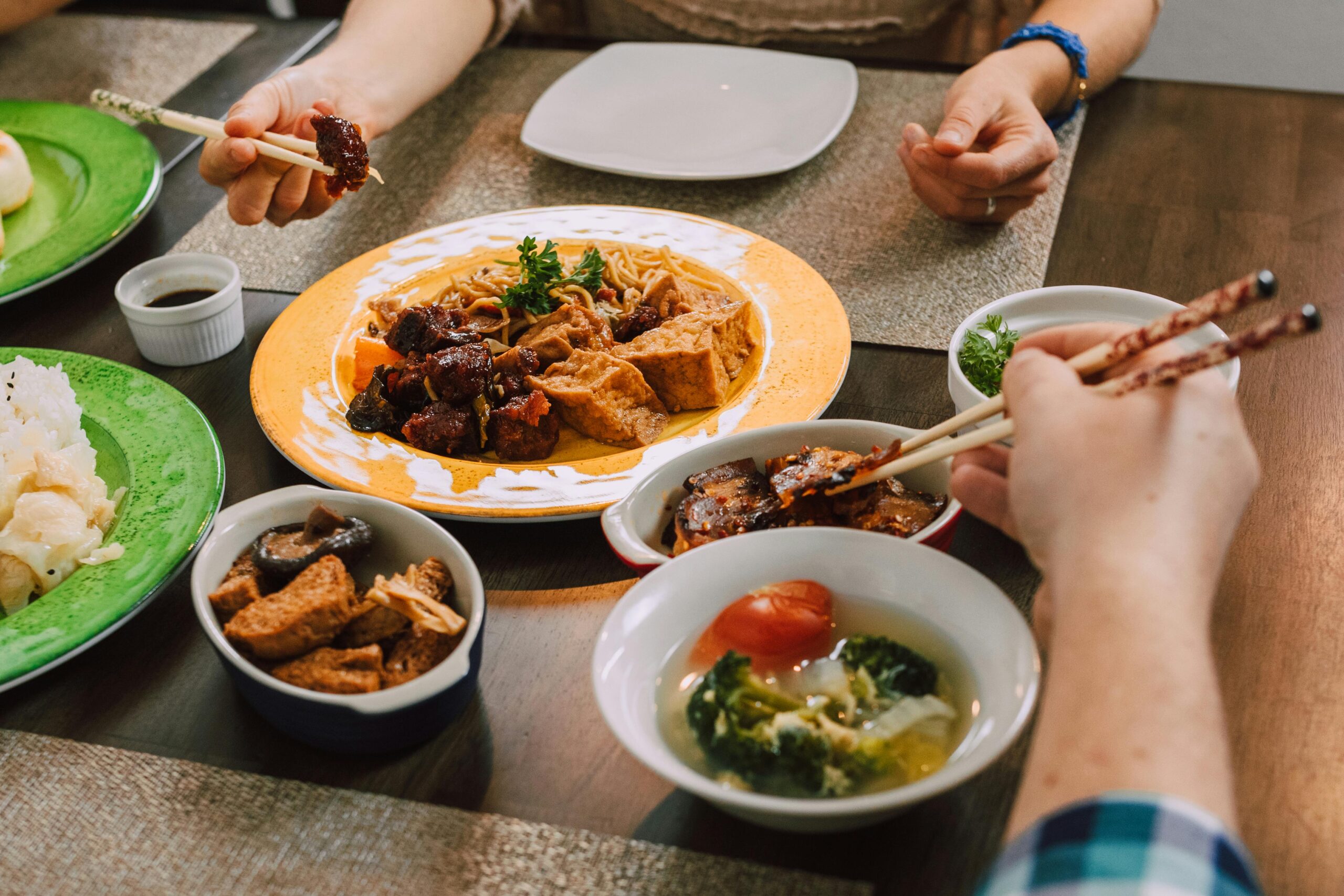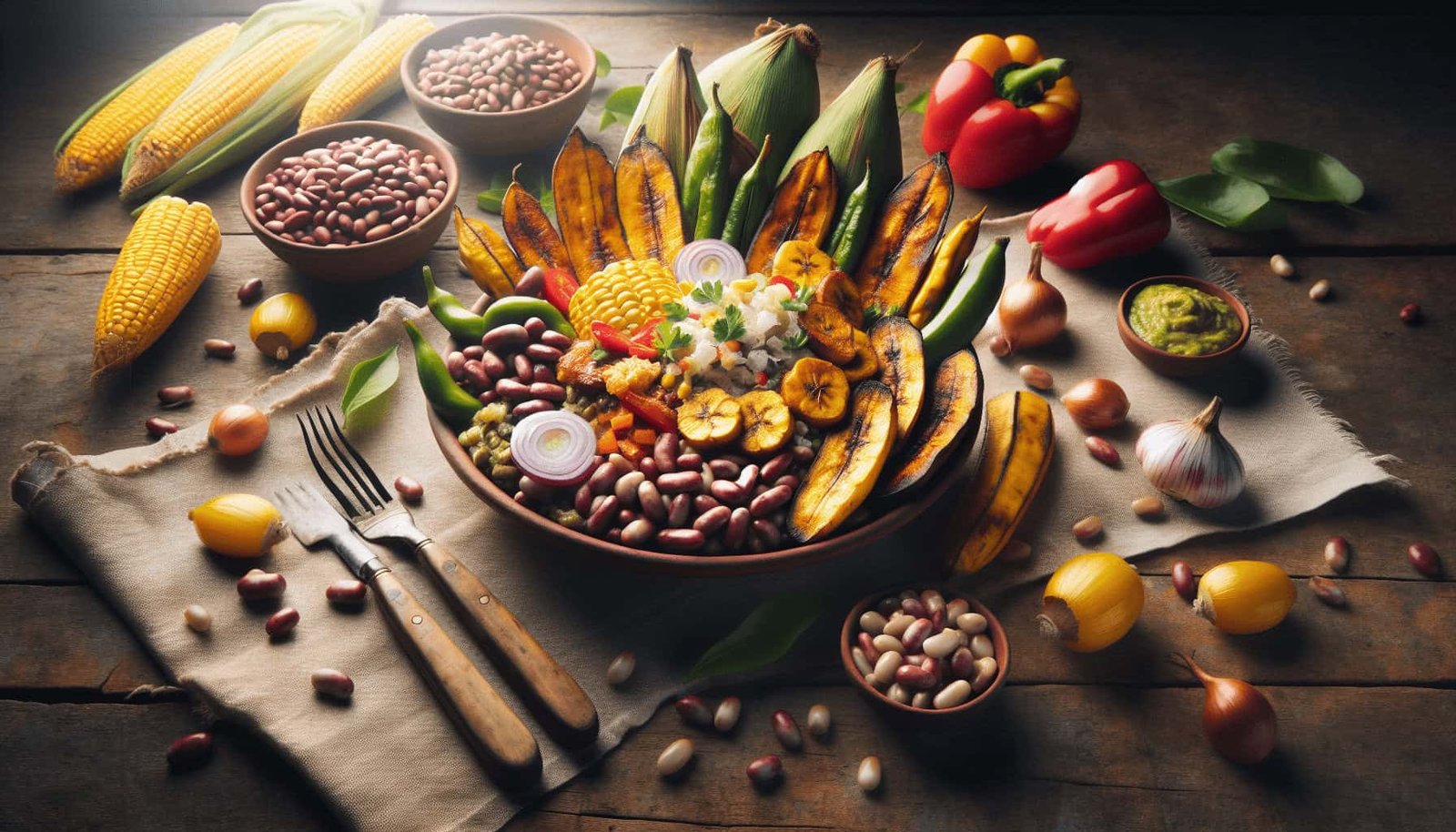Have you ever wondered how you can enjoy Nicaraguan dishes while also supporting sustainable and ethical practices? In recent years, the focus on these practices has grown significantly, as people seek to enrich their culinary experiences without harming the environment or compromising ethical standards.

The Importance of Sustainable and Ethical Practices
Why is Sustainability Important?
Sustainability in the context of food involves practices that do not deplete resources or harm natural ecosystems. This approach ensures that future generations can enjoy the same benefits and resources that we have today. When it comes to enjoying Nicaraguan cuisine, sustainability means sourcing ingredients locally, minimizing waste, and preserving traditional agricultural methods that are environmentally friendly.
What Does Ethical Mean in Food?
Ethical practices in food relate to the treatment of workers, the welfare of animals, and fair trade practices. When you consume food produced under ethical standards, you are contributing to a system that respects human rights, animal welfare, and fair compensation for farmers and producers. In essence, it’s about making choices that promote equality and compassion.
Traditional Nicaraguan Dishes
Gallo Pinto
Gallo Pinto, a traditional dish of rice and beans, is a staple in Nicaraguan cuisine. This simple yet flavorful dish can be sustainably enjoyed by choosing locally-grown, organic beans and rice. Additionally, using seasonal vegetables as side dishes helps reduce your carbon footprint.
Nacatamales
Nacatamales are a type of Nicaraguan tamale made from corn dough and typically stuffed with pork, rice, and various seasonings. For a more ethical approach, consider using free-range pork or even try a vegetarian version filled with local vegetables. Corn, the primary ingredient, should ideally be organically farmed to maintain sustainability.
Vigorón
This dish comprises yuca (cassava) topped with crispy pork skin and served with a cabbage salad. Opting for sustainably harvested yuca and humanely-raised pork can make this dish more environmentally friendly. Moreover, ensuring that the cabbage and other salad ingredients are organic and locally-sourced can amplify these efforts.
Rondon
Rondon is a seafood stew traditionally made with fish, coconut milk, and root vegetables. Sustainable choices for this dish include using fish that are not overfished and replacing any endangered seafood with more plentiful alternatives. Additionally, sourcing organic coconuts and seasonal vegetables can ensure that you’re consuming a meal that’s both ethically and sustainably produced.
Sourcing Ingredients
Local Markets and Farms
One of the best ways to ensure sustainability and ethical practices is by sourcing your ingredients from local markets and farms. Local farmers are more likely to use traditional, sustainable methods of farming, and buying directly from them supports the local economy.
| Ingredient | Sustainable Source | Ethical Consideration |
|---|---|---|
| Rice | Local organic farms | Fair Trade certifications |
| Beans | Organic local suppliers | Ensuring fair wages for farmers |
| Pork | Free-range local farms | Humane treatment of animals |
| Fish | Sustainable fishing | Avoid overfished species |
| Vegetables | Seasonal and local farms | Organic certification and fair labor |
| Coconut Milk | Local organic farms | Ensuring fair trade |
Fair Trade
Fair Trade-certified products guarantee that the workers who produce them are paid fairly and work under humane conditions. When shopping for Nicaraguan ingredients or anything else, look for Fair Trade logos to make ethical choices more easily.
Organic Farming
Organic farming eliminates the use of harmful chemicals and promotes biodiversity. Choosing organic products supports healthier ecosystems and reduces the chemical load on your body. This practice is particularly important for staple crops like corn, beans, and vegetables commonly used in Nicaraguan dishes.
Reducing Food Waste
Meal Planning
Planning your meals can help you purchase only what you need, reducing food waste significantly. When you know what you’re going to cook, it’s easier to buy the exact amount of ingredients required. This is particularly important for perishable items like vegetables and fresh herbs.
Storage Techniques
Proper storage can extend the life of your ingredients. For instance, keep root vegetables like yuca in a cool, dark place. Beans and rice can be stored in airtight containers to maintain their quality. This way, you can reduce the likelihood of these items going to waste.
Using Leftovers
Find creative ways to use leftovers instead of throwing them away. Leftover rice from Gallo Pinto can be turned into fried rice for a subsequent meal. Pork scraps from Nacatamales can be used in soups or stews. By repurposing leftovers, you minimize waste and make the most out of your ingredients.

Ethical Dining Options in Nicaragua
Farm-to-Table Restaurants
Several farm-to-table restaurants in Nicaragua emphasize sustainable and ethical practices. These establishments often source their ingredients from local farms and focus on organic and seasonal produce. Dining at such restaurants not only guarantees a fresh and delicious meal but also supports local communities and promotes sustainable agriculture.
Ethical Eating Tours
Ethical eating tours are available in many parts of Nicaragua and offer a unique way to experience the country’s cuisine. These tours usually include visits to organic farms, sustainable fisheries, and local markets. Participating in such tours can provide you with firsthand knowledge of where your food comes from and how it’s produced.
Community-Based Tourism
Community-based tourism involves staying and dining with local families who use traditional, sustainable methods of farming and cooking. This type of tourism helps support local economies and offers a more authentic experience. Plus, you’ll have the opportunity to learn traditional cooking techniques that focus on sustainability and ethical practices.
How to Grow Your Ingredients
Home Gardening
Growing your vegetables and herbs allows you to control how they are produced. You can use organic soil and natural pest control methods to ensure that your food is both sustainable and ethical. Even if you don’t have a big garden, many vegetables can be grown in containers indoors.
Community Gardens
If you lack space for a home garden, joining a community garden can be a great option. These gardens provide a shared space for growing fruits, vegetables, and herbs. It’s also an excellent way to meet like-minded individuals who are interested in sustainable and ethical practices.

Recipes to Try
Sustainable Gallo Pinto
Ingredients:
- 1 cup organic black beans
- 1 cup organic rice
- 2 tablespoons organic coconut oil
- 1 onion, chopped
- 1 bell pepper, chopped
- Salt and pepper to taste
Instructions:
- Cook the black beans and rice separately until tender.
- In a large skillet, heat the coconut oil over medium heat.
- Add the chopped onion and bell pepper, sauté until soft.
- Combine the cooked rice and beans with the sautéed vegetables.
- Season with salt and pepper to taste.
- Serve hot, and enjoy a sustainably prepared meal.
Ethical Nacatamales
Ingredients:
For the dough:
- 2 cups organic cornmeal
- 2 cups vegetable broth
- ¼ cup olive oil
- 1 teaspoon salt
For the filling:
- 1 cup diced free-range pork or vegetables
- 1 cup cooked rice
- ½ cup chopped tomato
- 1 onion, chopped
- 1 bell pepper, chopped
- Banana leaves for wrapping
Instructions:
- Prepare the dough: Mix the cornmeal, vegetable broth, olive oil, and salt until smooth.
- Prepare the filling: Sauté the pork or vegetables with chopped tomato, onion, and bell pepper until cooked.
- Assemble the nacatamales: Spread a layer of dough onto a banana leaf. Add a spoonful of filling on top.
- Wrap the banana leaf around the dough and filling and secure with a string.
- Steam for about an hour, then let cool slightly before unwrapping.
- Enjoy your ethically and sustainably prepared nacatamales.
Conclusion
Enjoying Nicaraguan dishes with a focus on sustainable and ethical practices is both achievable and rewarding. By being mindful of where your ingredients come from, how they are produced, and how they are consumed, you can enjoy delicious meals that are good for you, the environment, and the community. Whether it’s sourcing local and organic produce, reducing food waste, or trying your hand at home gardening, every step you take towards sustainability counts. And remember, every bite you take is a vote for the kind of world you want to live in.
